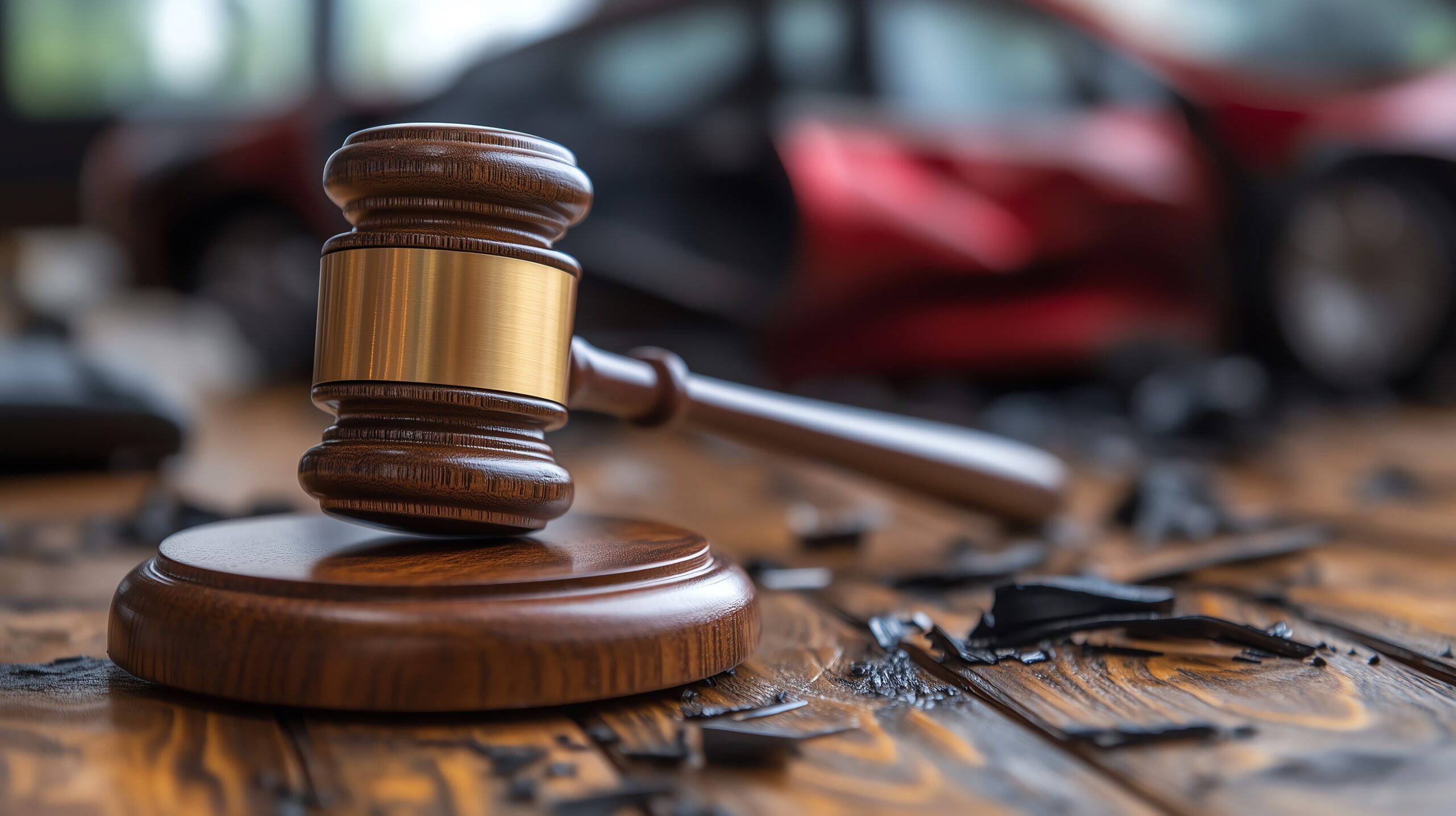In March, two Pennsylvania doctors were arrested for the excessive prescription of opioid painkillers and other medications. A Philadelphia psychiatrist admitted to prescribing an estimated 25,000 opioids for patients – many without medical examinations. A Pennsylvania pediatrician was also arrested for prescribing nearly 1,000 Oxycodone and Xanax pills to a personal friend, who acknowledged an addition to opiates.
Both physicians are charged with violating the Controlled Substances Act, among other offenses. The arrests highlight the dangers of unethical medical professionals prescribing highly-addictive medications to people who do not need them. This is, in turn, contributing to the national epidemic of opioid addiction.
The Dangers of Opioids
Opioids are drugs that act on the opioid receptors, found within the brain, digestive track and spinal cord, to reduce pain. Opioids work by disrupting pain signals and stimulating the release of the hormone dopamine, creating a temporary sense of euphoria. Legal opioid medications including oxycodone, hydrocodone, fentanyl and morphine are commonly used to treat acute or chronic pain.
Opioids are highly-addictive, and people often continue using them to avoid unpleasant withdrawal symptoms that may come when they stop taking the drug. Their addictive nature can cause users to abuse the prescriptions, or turn to illegal drugs like heroin.
When Addiction Begins With a Prescription
Because prescription opioids are expensive, or become harder to obtain over time, many users turn to illegal opioids like heroin to continue their habit. Around three out of every four new heroin users began their addiction with prescription painkillers.
The number of prescription opioids has increased from 112 million in 1992 to 236 million in 2016. Though prescriptions have declined since their all-time high in 2012, doctor-prescribed painkillers are still a huge part of America’s opioid epidemic. More than 60 percent of the 63,600 drug overdose deaths in the U.S. in 2016 involved opioids.
One State’s Effort to Combat Fraudulent Opioid Prescriptions
In Pennsylvania, Attorney General Josh Shapiro compared the two doctors who were arrested to dealers peddling drugs on the local street corner. To combat the illegal trafficking of prescription opioids in his state, Shapiro created a new position, the Director of Diversion, who will oversee nineteen agents working throughout the state to stem illegal drug use.
Last year, Shapiro’s agents charged 216 people with the illegal diversion of prescription drugs. In the case of the psychiatrist, overprescribing opioids for patients he had not seen, a vigilant pharmacist tipped off the local police, after noticing excessive prescriptions coming from his office.
Medications prescribed and used correctly can be invaluable for relieving pain and fighting infection and disease. Doctors are trained to prescribe the correct medication at the correct dosage. When they make a medication error or overprescribe drugs for their own personal gain, patients are at risk of serious health complications. Physician negligence regarding medication may include overprescribing dangerous drugs; or prescribing the wrong medication, the wrong dosage, medications you are allergic to, or medications that have dangerous interactions with other drugs.
South Jersey Medical Malpractice Lawyers at Folkman Law Offices, P.C Advocate for Victims of Physician Negligence
If you were harmed by a doctor’s medication error, contact a South Jersey medical malpractice lawyer at Folkman Law Offices, P.C. Your dedicated attorney will review your medical records to determine if a physician’s negligence or poor standard of care directly caused your illness and injury – and if you may be entitled to compensation. To schedule a free consultation, call 856-354-9444 or contact us online. We represent clients throughout South Jersey and the greater Philadelphia area from our offices in Cherry Hill, New Jersey, Philadelphia, and King of Prussia, Pennsylvania.




